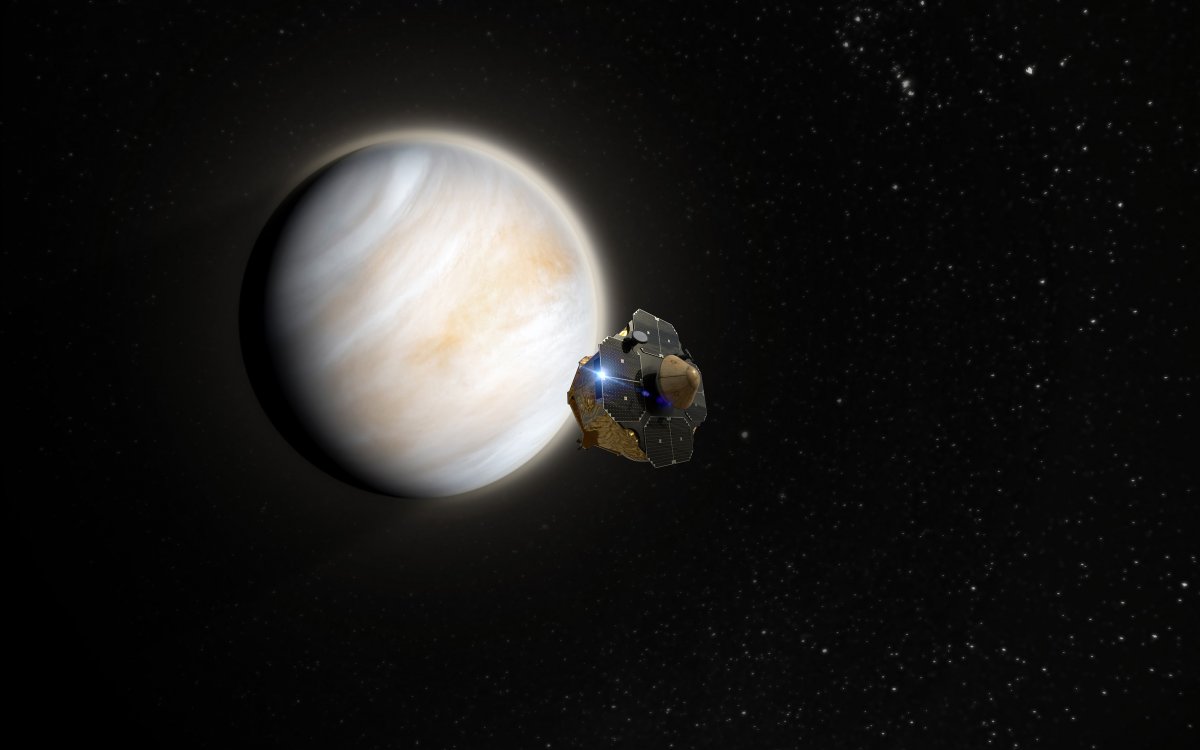The first ever private mission to Venus being developed by Rocket Lab will not be launched until 2025. This was reported by representatives of the company.
Rocket Lab’s mission to Venus
Rocket Lab has announced its intention to send its own mission to Venus back in 2020. Its purpose will be astrobiological research. An automatic scout should study the upper layers of the Venus atmosphere to search for signs indicating the possibility of the existence of colonies of microorganisms in them.

Designed by Rocket Lab, the spacecraft is a 38-centimeter capsule with a total weight of 20 kg. Inside it will be located one scientific instrument (autofluorescence nephelometer), designed to conduct chemical analysis of the atmosphere of Venus and search for traces of organic substances in it. It will start measurements at an altitude of 60 km and will continue them up to the 45 km mark (this phase will last 330 seconds). Then it will start transmitting the collected information to Earth, which will take about 20 minutes. A few minutes after the data relay is completed, the atmospheric pressure and temperature will become so high that they will destroy the capsule. Its remnants will reach the surface of Venus in about half an hour after that.
The mission is funded by Rocket Lab’s own funds, the Massachusetts Institute of Technology, as well as several unnamed philanthropists. Its budget is USD 10 million, which is quite a bit by the standards of such projects. This amount is approximately 1% of the cost of the two VERITAS and DAVINCI+ missions being developed by NASA.
New launch date
Initially, the launch of the Rocket Lab mission was scheduled for May 2023 with the expectation that the probe will reach Venus in October. However, now these plans have changed. According to Rocket Lab representatives, the probe will not be launched until the next ballistic window, which will open in January 2025. The company did not name the reasons for the postponement, saying only that at this time its priority was missions to put customer cargo into orbit.
It is worth saying that if the Rocket Lab probe is launched in January 2025, it still has a good chance of becoming the first private interplanetary vehicle in history. Its main competitor, the joint Mars mission of Impulse Space and Relativity Space, was recently postponed to 2026.
According to https://techcrunch.com
Follow us on Twitter to get the most interesting space news in time
https://twitter.com/ust_magazine

